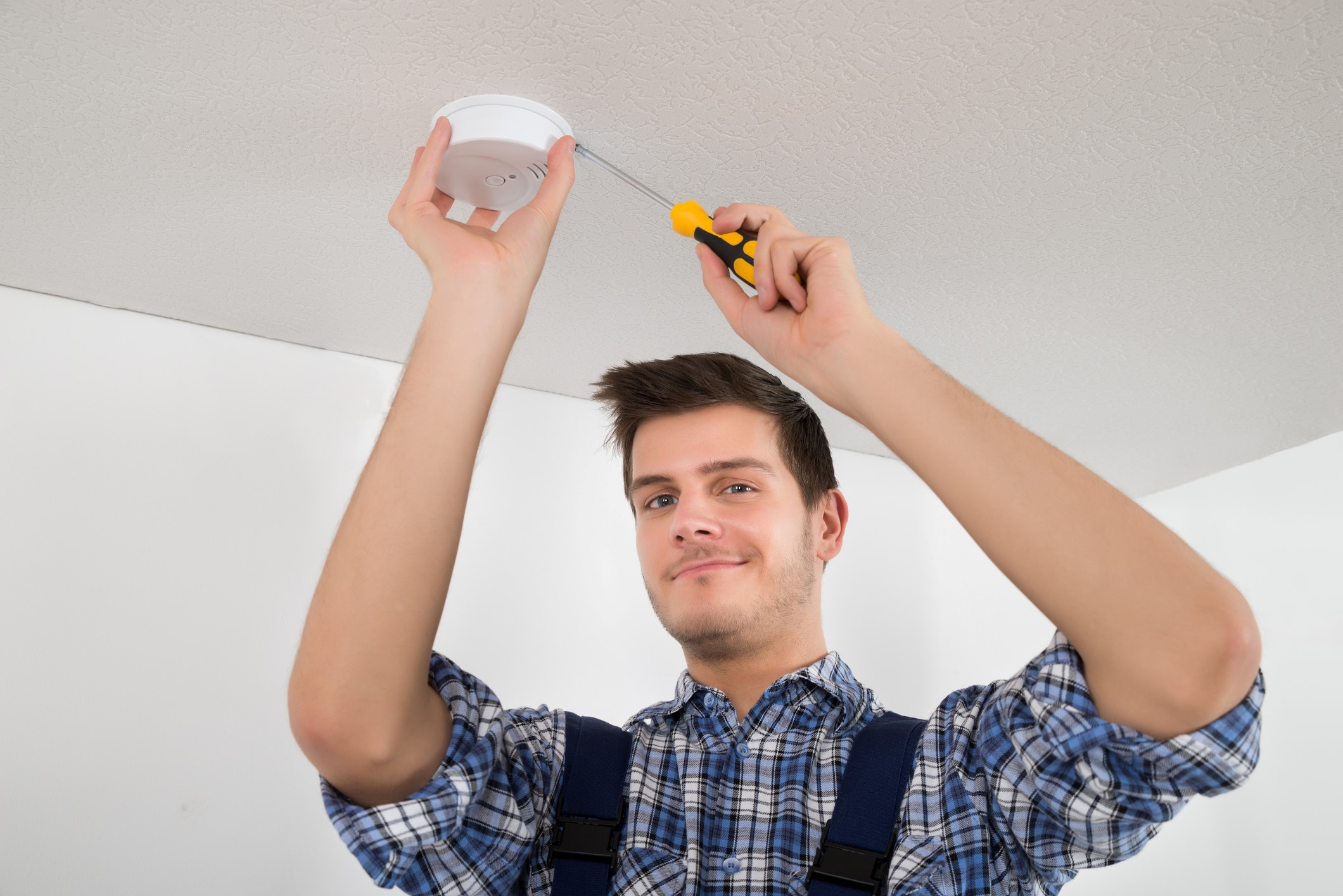Alarm bells! Did you know, as of 2021, it will be obligatory for homeowners and landlords to ensure their properties meet strict new regulations when it comes to fire and smoke alarms in their homes?
The laws have been brought forward following the awful Grenfell Tower blaze in London in 2017.
And, while it might seem like an issue that can keep for another year, getting to grips with the new legislation and making the changes now will save a lot of effort later . . . and could save your life today.
The good news is s1homes has looked in-depth at the new legislation so we can help you prepare. Here’s what you need to know.
It’s the law
So, here’s the lowdown. As of February 2021, all types of property must be fitted with at least one smoke alarm in what’s commonly designated the living room, one smoke alarm in every circulation space on each storey (such as a hallway or landing), and one heat alarm in every kitchen.
The new law also stipulates these alarms should be ceiling-mounted and interlinked.
For homes with carbon-fuelled appliances, such as open fires, gas hobs, flues and boilers, carbon monoxide detectors should also be installed.
Even if you already have alarms fitted in your property (and well done, you!), it’s wise to get them tested for full functionality and serviced when necessary.
Note to self: alarms that aren’t interlinked will not be accepted under the new legislation . . . so start checking them now.
It’s all about you
It is the responsibility of the property owner or private landlord to ensure these new standards are rigorously adhered to.
This means councils and housing associations also bear responsibility. Failure to act can result in punishment from the First-tier Tribunal for Scotland (Housing and Property Chamber).
Get the best for you
Although there are many types of alarms currently available, it’s obviously imperative to get the kind that fully complies with the new legislation. These should be tamper-proof, long-life lithium battery alarms or mains-wired alarms.
The good news is they are generally available on the high street. The, erm, bad news? Well, they may set you back around £200 for a full set that satisfies the regulations. Moreover, installation of mains-wired alarms should be carried out by an authorised professional and this will incur additional costs.
But you do know it’s worth it!
Check it out!
The Scottish Fire and Rescue Service (SFRC) will provide home fire safety visits to any home in Scotland and ensure your property is equipped to deal with emergencies. As well as ensuring your home meets the new regs, these visits are also designed to provide advice on what to do in the event of a fire.
What next?
Now you have the information you need, there’s no excuse. Get a move on and start making the necessary changes now.
You will be safer, feel more secure and – because compliance will also form part of any Home Report when you come to sell – be ahead of the game when it comes to making your home more attractive to buyers and renters looking for their next property on s1homes.



















